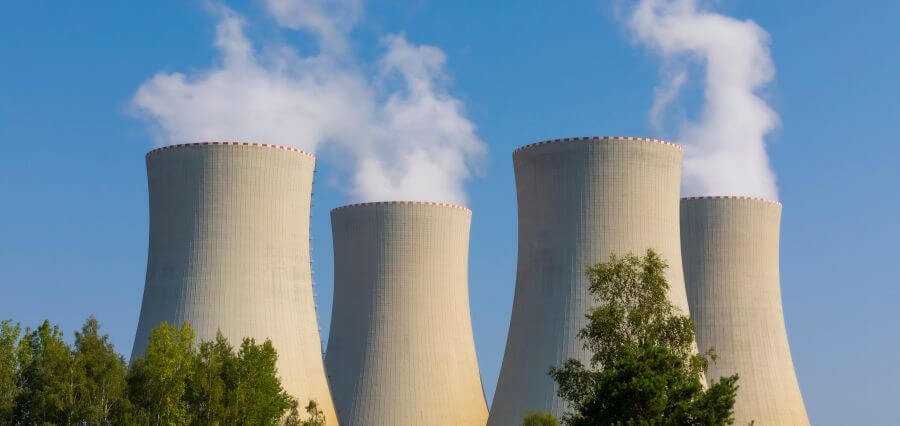Technology leaders are diversifying their approaches to seek nuclear energy amid surging data-center power demands. The force is used in training and running advanced artificial intelligence models. In a move to boost energy capacity for their operations, companies such as Microsoft and Google have signed deals to buy nuclear power from various suppliers across the United States.
Recently, the corporation announced a partnership with Kairos Power, which is a developer of small modular reactors, as a way to supplement its energy supply to help fuel AI development. “There’s a critical need to grow clean, reliable sources of energy that will support continued expansion of technology,” Senior Director for Energy and Climate at Google Michael Terrell said on a press call. “We believe nuclear can play a significant role in meeting our demand sustainably and consistently.”.
Now, Google’s first reactor from Kairos Power is expected to be operational by 2030, with more units scheduled for the mid-2030s. This move is in line with broader trends in the tech industry-a trend where companies are looking for energy stability as demand for AI-related capabilities shoots the roof. Just last month, Microsoft signed up with Constellation to reactivate a dormant reactor at Three Mile Island nuclear facility in Pennsylvania, home to one of the most infamous nuclear accidents in history.
Notably, Amazon recently joined this trend by announcing an investment of $500 million with Dominion Energy to explore the development of small modular nuclear reactor close to the North Anna nuclear power station.
The imperative for alternative energy sources lies in the exponentially growing power requirements in data centers, building the backbone of cloud computing and AI applications. According to predictions made by the International Energy Agency, global electricity consumption from sectors related to data centers, AI, and cryptocurrencies will balloon more than double from about 460 terawatt-hours in 2022 to over 1,000 TWh by 2026.
For example, generative AI applications such as ChatGPT, which doubled active users to more than 200 million per week. Generative AI applications have encouraged technology companies to get sustainable power to fuel increasing sophisticated infrastructure.




